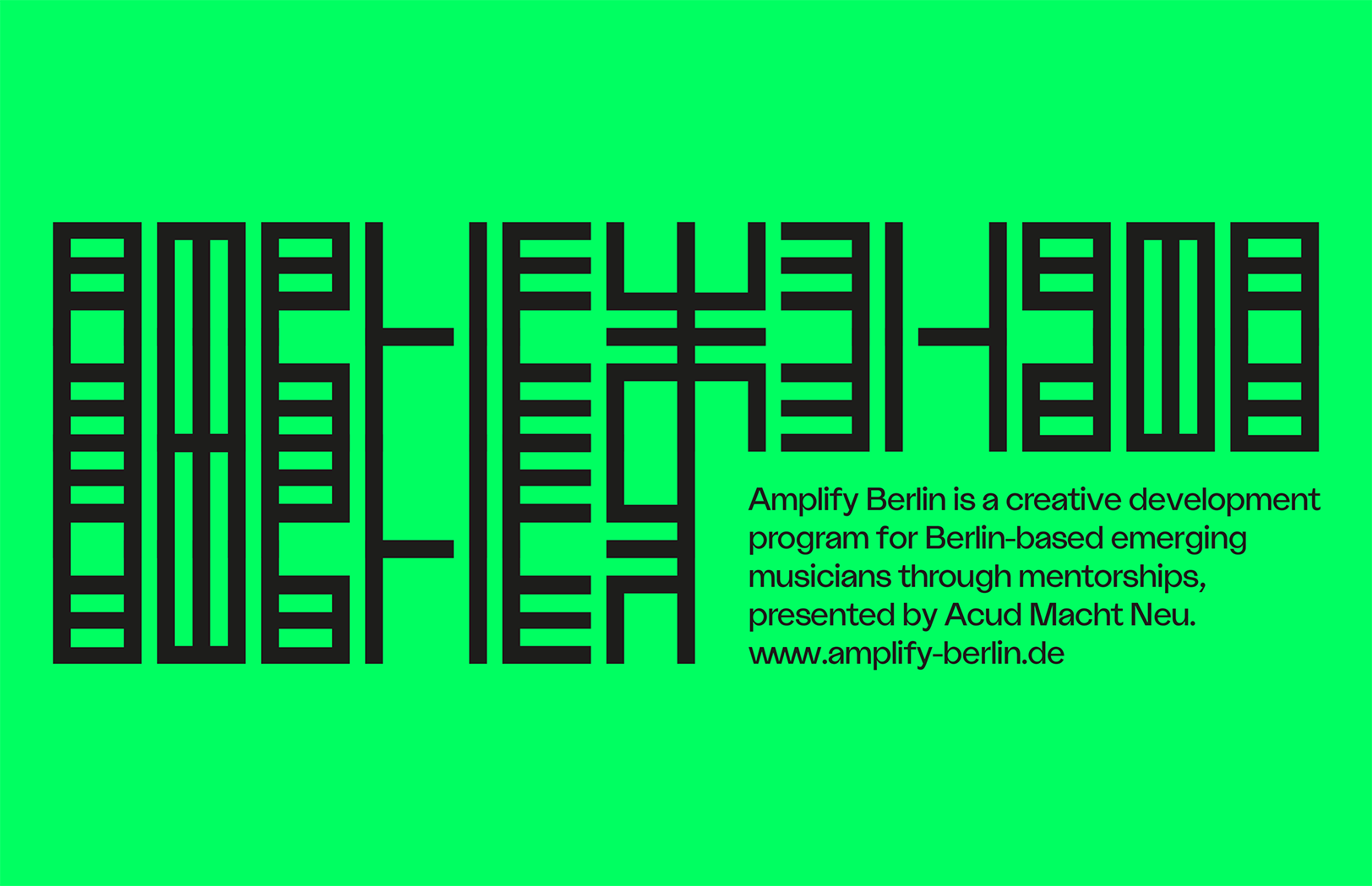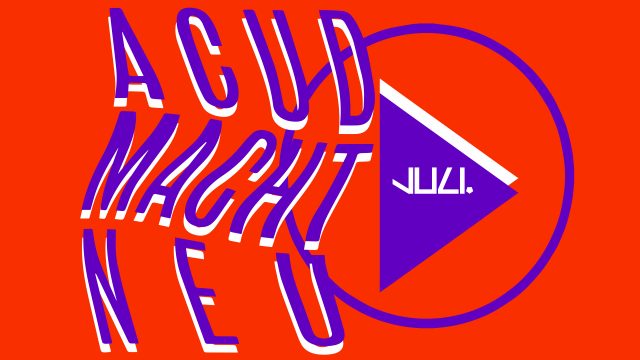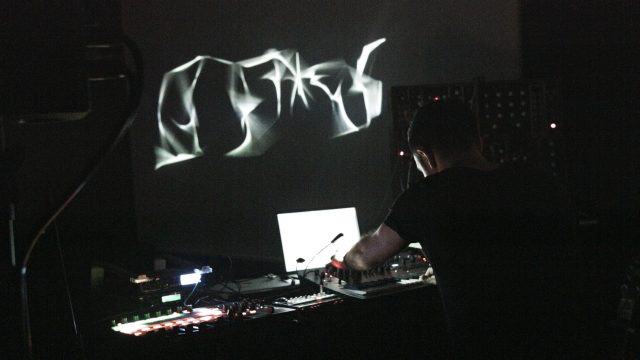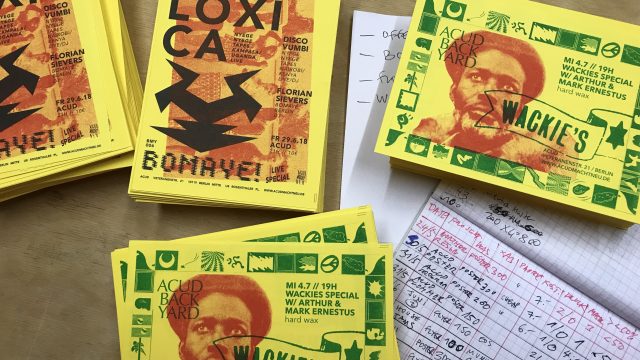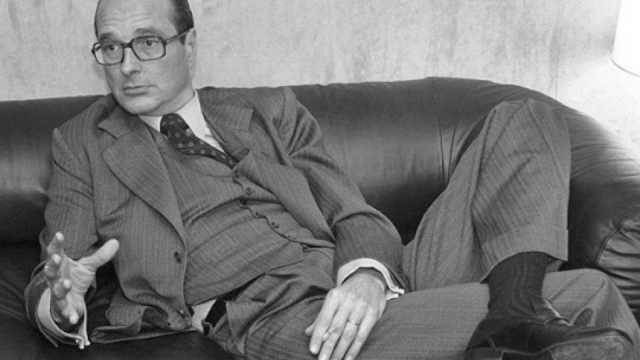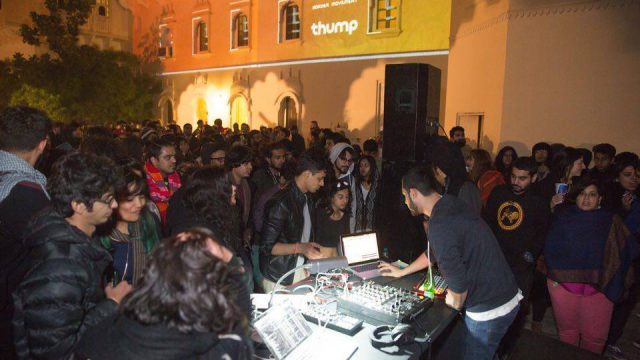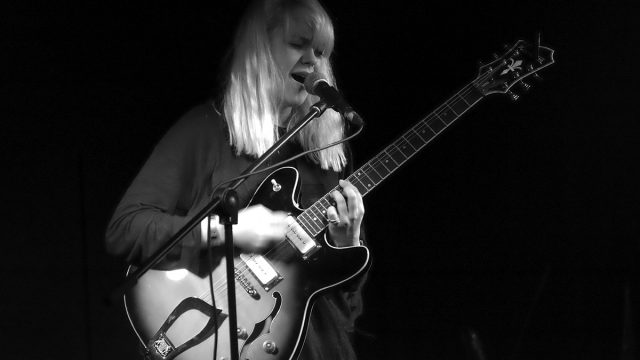You may have already heard (we hope that you have) that we at ACUD have cooked up a new program called Amplify Berlin. The aim is to support emerging Berlin-based musicians through mentorships and we are lucky enough to have a team of some of the most incredible and ground-breaking musicians and artists in Berlin that will contribute their knowledge and insight. With little more than a week to go before the application deadline, we sat down with one of the founders Shub Roy to find out more about what’s in store.
What is distinct about this program that you won’t find with other residencies?
What makes Amplify Berlin distinct is the opportunity to work one-on-one with a fantastic selection of mentors who specifically choose to work with you as well (if you’re selected). It offers a focused work environment with access to a wide range of resources (a studio with various gear for creative exploration, a club sound system and stage to practice) and to technical support. Not to mention a platform at an active, multidisciplinary arthouse community of which you can become a part, in a city which is recognized worldwide as a critical artistic hub.
Tell us about the importance of mentorship and about the kind of learning that happens in those types of relationships
A dictionary definition of “mentorship” is very loose and it’s difficult to pin down exactly what such a relationship involves—nor do I think it’s useful to confine it to any certain terms. In a sense, it will depend on the individuals involved and their particular working, learning or communication methods. The keyword is probably “guidance”—the mentor is meant to be there to provide guidance in some form or other, but this does not have to occur simply in terms of the dichotomy between “teaching” and “learning.” That guidance can take on many forms, such as informal conversations, listening, sharing, experimenting, demonstrating, improvising, playing, explaining, giving feedback, etc. There are many possibilities! The point is not to take a strictly educational approach – that can be left to the educational institutions themselves, but to break free of the constraints attached to many of those institutions and provide something more practical: a free, fertile environment where creative minds can meet, share and communicate. Who knows? Some of the mentors may even learn a thing or two from the mentees.
What kind of applicants is the program looking for?
There are no specific boundaries on the type of applicants that the program is looking for, but the focus is on solo musicians/producers that are Berlin-based and not yet too advanced in their development (or although I dislike this word in relation to art, “career”) as an artist, that demonstrate some raw talent or vision, that could be aided by some guidance and refinement. However, this is a subjective view and the final decision will go to the mentors as to who they really feel it would be most fruitful to work with. I feel it’s important to mention here that all applications will receive equal consideration and people of all backgrounds are encouraged to apply to help support a diverse, inclusive and exciting future for our music culture.
Which mentors do you feel especially excited for?
All of them are exciting and unique in their own way!
How do you see this program growing and developing in the coming years?
I hope to see a community grow around this program locally as time progresses, with mentors and mentees alike continuing relationships of creative growth and exchange. I’d as well like to see how this program’s reach can extend beyond Berlin into other parts of the world.
